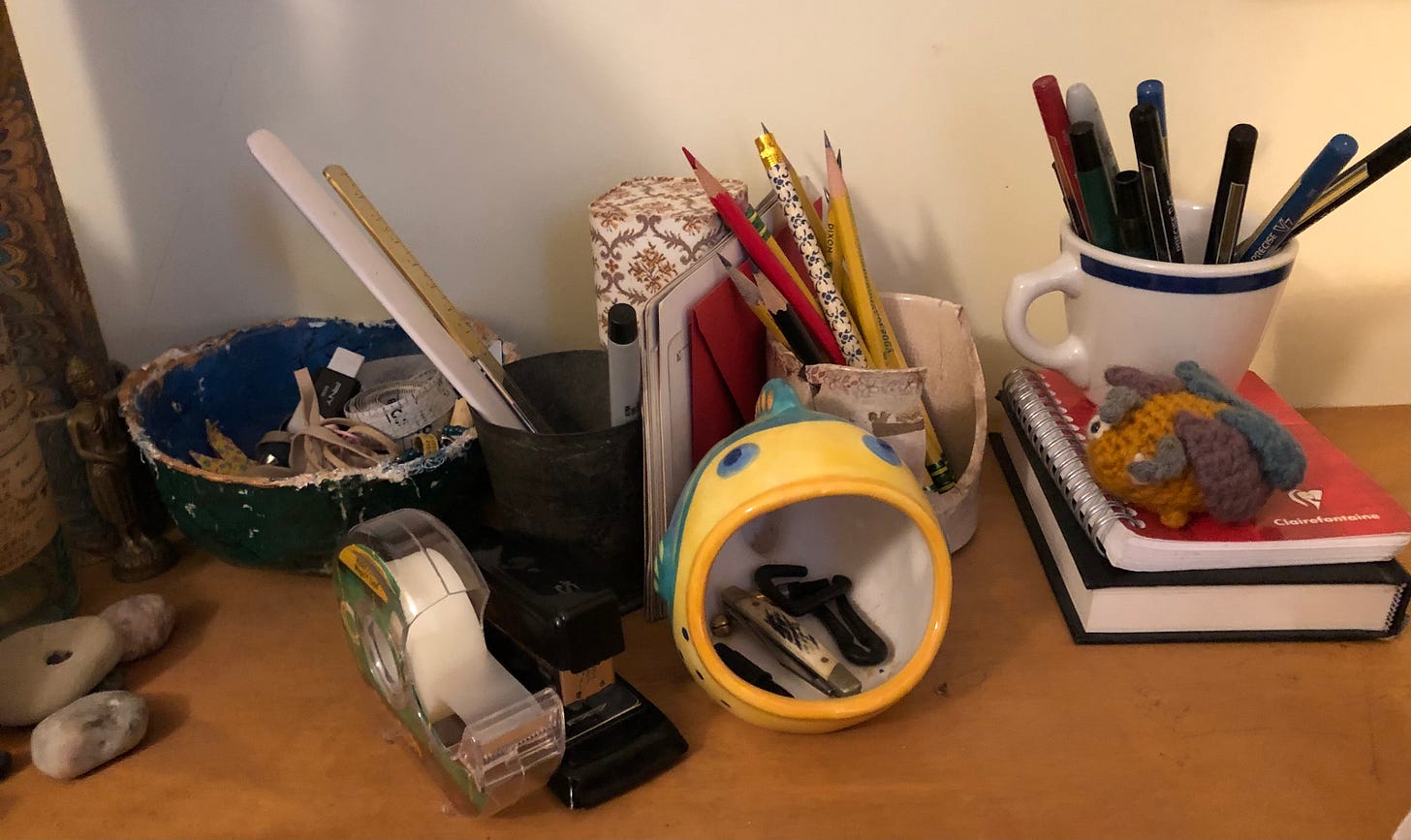Notebook: (2) Predicting for Text
by Ann Kjellberg, editor
Going the way of the quill
Read Part one of this post here!
Amidst denials that a computer could ever replace a writer in the creation of actual literary art, several interviews with working writers already using artificial intelligence were tentatively rosy. Jay Caspian Kang, writing in The New Yorker with some prior knowledge of chatbots and some expert advice, was not able to arrive at a satisfactory literary product in his fictional forays with ChatGPT, but Kevin Roose on the podcast Hard Fork and education writer John Warner were able to improve results substantially by refining their inputs. Lincoln Michel interviewed novelist Chandler Klang Smith, who has been using a GPT-3-based program called Sudowrite to work on her novels for a year or so. She memorably described the experience as “like a robot has a dream about your work in progress and you get to decide if anything from that dream reflects what you're trying to do.” She said AI’s efforts to move work forward can “unlock ideas that seem like they were already buried somewhere … in the text.” Chandler Klang Smith found AI unhelpful in dealing with “macro stuff like plot and structure,” but over at The Verge, self-published “cozy mystery” writer Jennifer Lepp, who had been using Sudowrite and just began experimenting with ChatGPT, told Josh Dzieza that she was astonished that she could feed the chatbot a premise and some particulars and it could generate an effective story in the genre. Self-published genre writers are often writing for readers who consume hundreds of novels a year and are under pressure to produce at scale (see our post on self-publishing and romance). Jennifer Lepp said many writers she knows are wrestling with the implications of drawing on ChatGPT’s capabilities to speed the process. For these readers, does it matter what the balance is between human and machine participation?
Keep reading with a 7-day free trial
Subscribe to Book Post to keep reading this post and get 7 days of free access to the full post archives.


